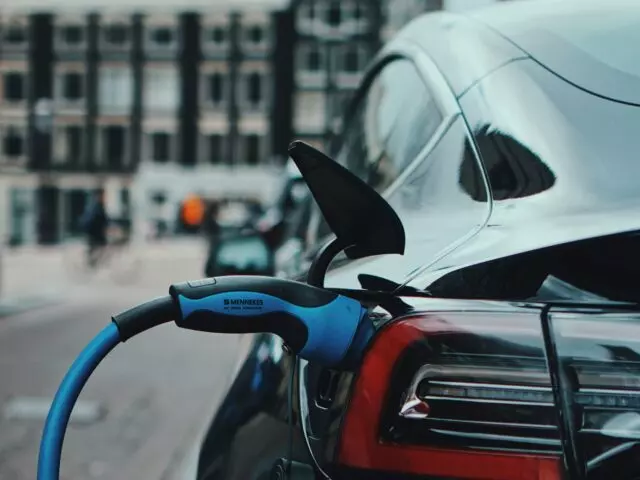The British government’s open-door policy towards electric vehicles (EVs) from communist China is threatening domestic manufacturing and posing national security risks, warns a recent report from the China Strategic Risks Institute (CSRI. The think tank warns that EVs could be “weaponized” by Beijing, with the UK’s growing market share of and dependence on Chinese-made electric vehicles presenting both economic and security threats.
The British car industry currently employs 198,000 manufacturing jobs, accounting for 2.5% of the country’s GDP. However, due to China’s substantial subsidization of its EV sector, which produces an excess of five to ten million cheaply-produced vehicles per year, failure by Westminster to impose import restrictions could jeopardize the future of British car manufacturing.
This trend is already having major impacts, with the CSRI claiming that Chinese-made EVs have increased their market share in the UK from just 2% in 2019 to 33.4% in the first half of 2023. The think tank also warns that London’s refusal to impose tariffs on Chinese electric vehicles, as opposed to the neighboring European Union, could make Britain a “dumping ground” and a potential backdoor into the European market for Beijing. This may create friction between the UK and its European and American allies, potentially jeopardizing trade with its closest partners, according to the CSRI.
The risks posed by flooding the UK with cars made in China are not limited to economic consequences; the CSRI also warns that components within foreign EVs could be “weaponized” by the communist nation. For instance, Chinese-manufactured Cellular Internet of Things Modules (CIMs) used in EVs could transmit data back to Beijing about British users. The report notes that China mandates all firms provide data access to the state, which was one reason for the UK’s previous decision to phase out Huawei components from its 5G networks by 2027.
Moreover, the think tank warns that modules within Chinese-made EVs could allow adversarial forces to remotely shut down or even control the cars in Britain, posing a direct threat to national security. The CSRI suggests that the UK mandate foreign suppliers of EVs agree not to transmit data overseas under any circumstances, introduce a legal requirement for sharing their source code with the British government, and allow regular inspections of data storage centers globally to ensure sensitive data is not being sent covertly to other servers.
To protect domestic car manufacturers, the British government should launch an anti-state subsidies investigation into the Chinese EV market while also considering providing subsidies to British manufacturers or direct subsidies to consumers to promote local industry. Sam Goodman, senior policy director at the CSRI, told The Telegraph: “The Government and the public appear to be unaware when it comes to the dependency, disruption, and data security risks the CIMs within Chinese EVs present to the UK.” He added, “We urge that this be addressed, otherwise, the UK risks alienating its closest allies, deepening its dependency on China for its EV supply chain and the green transition, and leaving itself exposed to being bullied and blackmailed by Beijing.

